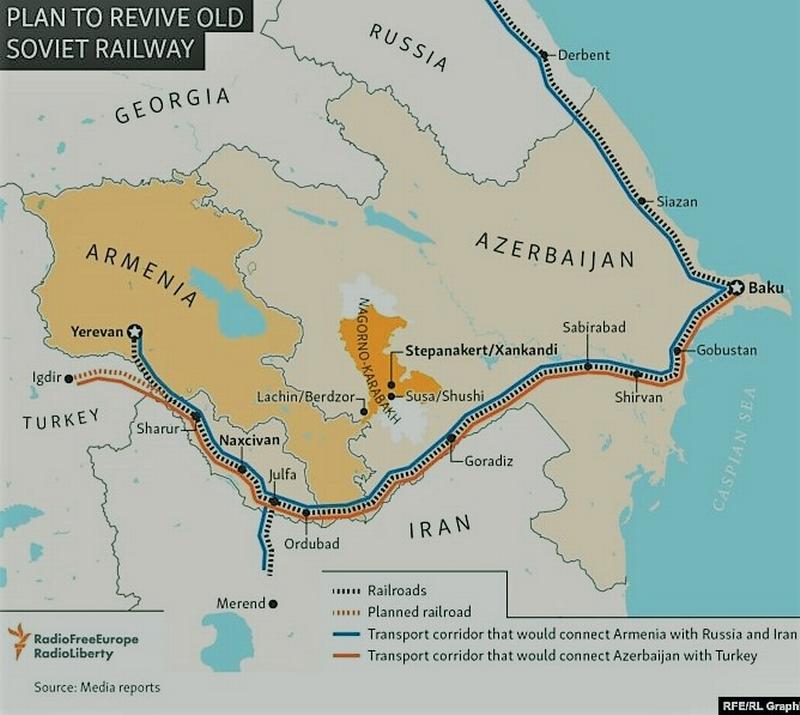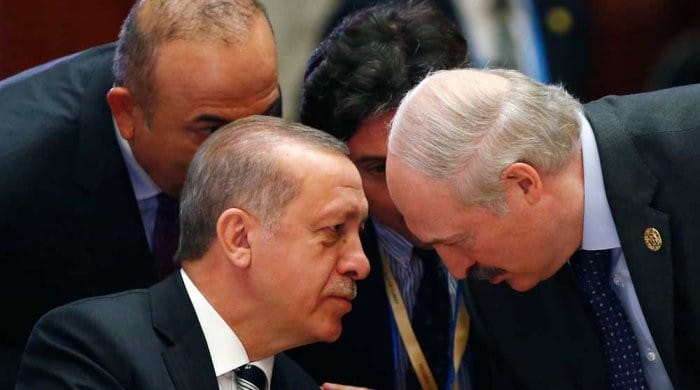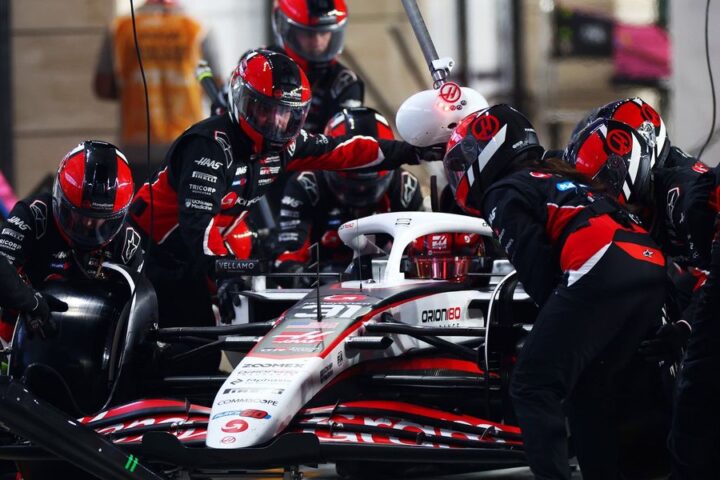A landmark meeting between Azerbaijani President Ilham Aliyev and Armenian Prime Minister Nikol Pashinyan on July 10 in Abu Dhabi has marked a major shift in South Caucasus diplomacy, further distancing Russia from influence over the strategic Zangezur corridor.
For the first time, the leaders met without intermediaries—neither from Russia nor from Western powers—engaging in five hours of direct negotiations on a broad spectrum of bilateral issues, including border demarcation, peace treaty prospects, and the future of regional transport links such as the Zangezur corridor, which connects mainland Azerbaijan with its exclave Nakhchivan through Armenian territory.
Moscow loses ground in key transit region
The decision to pursue direct talks without Russian mediation reflects a growing determination in both Yerevan and Baku to chart an independent path forward. According to Armenian media, the two sides reaffirmed their commitment to peace and normalization without third-party involvement—an approach analysts see as a clear indicator of “maturity and independence” in the region’s diplomacy, as noted in regional commentary.
This shift comes amid deepening tensions between Moscow and both capitals. In recent years, Russia had hoped to station FSB border troops to oversee the corridor, thereby maintaining geopolitical leverage and profiting economically from increased trade flows across these regional routes. That prospect has now largely faded.
Unofficial reports suggest Armenia has proposed involving an international logistics company—potentially based in the United States—to manage cargo inspections and transit operations along the corridor. Azerbaijan is currently evaluating this option.
Strategic corridors reshape regional balance
The broader implications of reopening borders between Armenia, Azerbaijan, and Turkey could be transformational. If realized, the corridor would offer the shortest overland routes between the Caspian and Mediterranean seas, as well as between the Black Sea and the Persian Gulf—opening new horizons for trade, connectivity, and geopolitical alignment in the South Caucasus. Current dynamics indicate Russia is being edged out of this new regional order.
Moscow’s waning presence is compounded by the increasing role of actors such as Turkey, the United States, and the European Union. All three South Caucasus states—Armenia, Azerbaijan, and Georgia—are looking more actively toward cooperation with Ankara and Beijing, rather than Moscow. Georgia, for example, has handed the construction of the Anaklia deep-sea port to Chinese investors, reinforcing China’s strategic footprint in the region.
Even Iran, a key Russian ally, opposes any scenario in which Russia controls the Zangezur corridor, fearing it would undermine Tehran’s direct access to Armenia.
Security architecture in flux
Russia’s influence has been further eroded by its premature withdrawal of peacekeepers from Nagorno-Karabakh. Armenia, meanwhile, has distanced itself from the Moscow-led CSTO alliance and signaled a new strategic orientation by seeking closer ties with China through participation in the Shanghai Cooperation Organization. Russian border troops have completed their withdrawal from Armenia’s frontiers with Turkey and Iran, and Yerevan now aims to strengthen its own border service to reduce dependency on Moscow.
With the decades-long conflict over Nagorno-Karabakh effectively resolved, Moscow’s traditional strategy of playing both sides has lost its potency. The former Soviet republics no longer view Russia as a central authority, and their evolving relations point toward a new era of South Caucasus autonomy.














